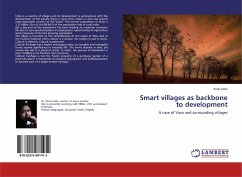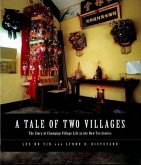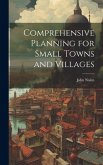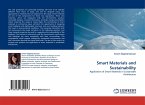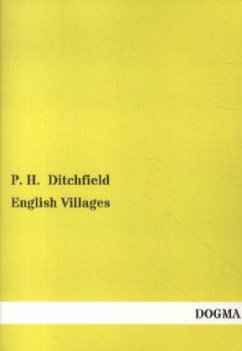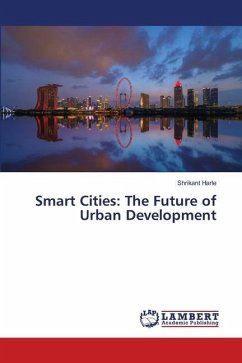India is a country of villages and its development is synonymous with the development of the people living in rural areas. India is a vast and second most populated country of the world. The current population of India is 1.21 billion. Out of this 68.84 % of the population lives in rural India.But a big part of this population has been leading an uncertain economic life due to non-synchronization of employment opportunities in agriculture sector because of the fast growing population.The village is founded on the remembrance of the origin of Man and of the Culture fostered. Every culture is a unique. No culture is cast in stone. Culture is selective. Culture is patterned.Cultural heritage has a higher ontological value. Its tangible and intangible forms assume significance in everyday life. The forms dissolve in time, yet remain like salt in a pond of water. In truth, the process of dissolution is more fulfilling in its function than structure.Cultural heritage is not the frozen property of a particular person of a particular place; it transcends its empirical segregation and individualization to become part of a larger human heritage.
Hinweis: Dieser Artikel kann nur an eine deutsche Lieferadresse ausgeliefert werden.
Hinweis: Dieser Artikel kann nur an eine deutsche Lieferadresse ausgeliefert werden.

